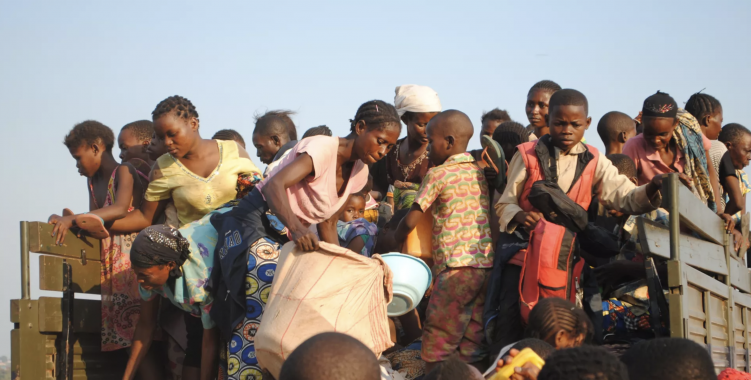The officialization of the "Associação para o Bem-Estar dos Refugiados em Angola", which has existed since 2000 informally under the name of refugee coordination in Angola, has now been given legal personality, which gives it legality and legitimacy to act in autonomous way, said Pedro Luai, from the Jesuit Refugee Service.
Formalization, as highlighted by Ibrahim Kalilu, general coordinator of refugees in Angola, now allows refugees, asylum seekers and stateless people to act with the Angolan authorities, international entities and society in general.
Emmanuelle Mitte, resident representative of the United Nations High Commissioner for Refugees (UNHCR) in Angola, highlighted that the African country has received more than 55 thousand refugees and asylum seekers and has been issuing identity documents that allow "access to basic services such as health or education, looking for a job and integrating into society".
"Without documents, refugees remain invisible and vulnerable, documentation allows social integration and is the desire of the majority of refugees in Angola", highlighted the UNHCR representative.
The Minister of the Interior, Eugénio Laborinho, highlighted that Angola continues to be a host country for foreign citizens of different nationalities who seek protection from armed conflicts, climatic phenomena and other situations that put their lives at risk, highlighting the country's commitment to ensure freedoms, rights and guarantees for foreign citizens, including refugees.
On that occasion, an agreement was also signed between UNHCR and the Catholic University that will guarantee free legal assistance to refugees.







